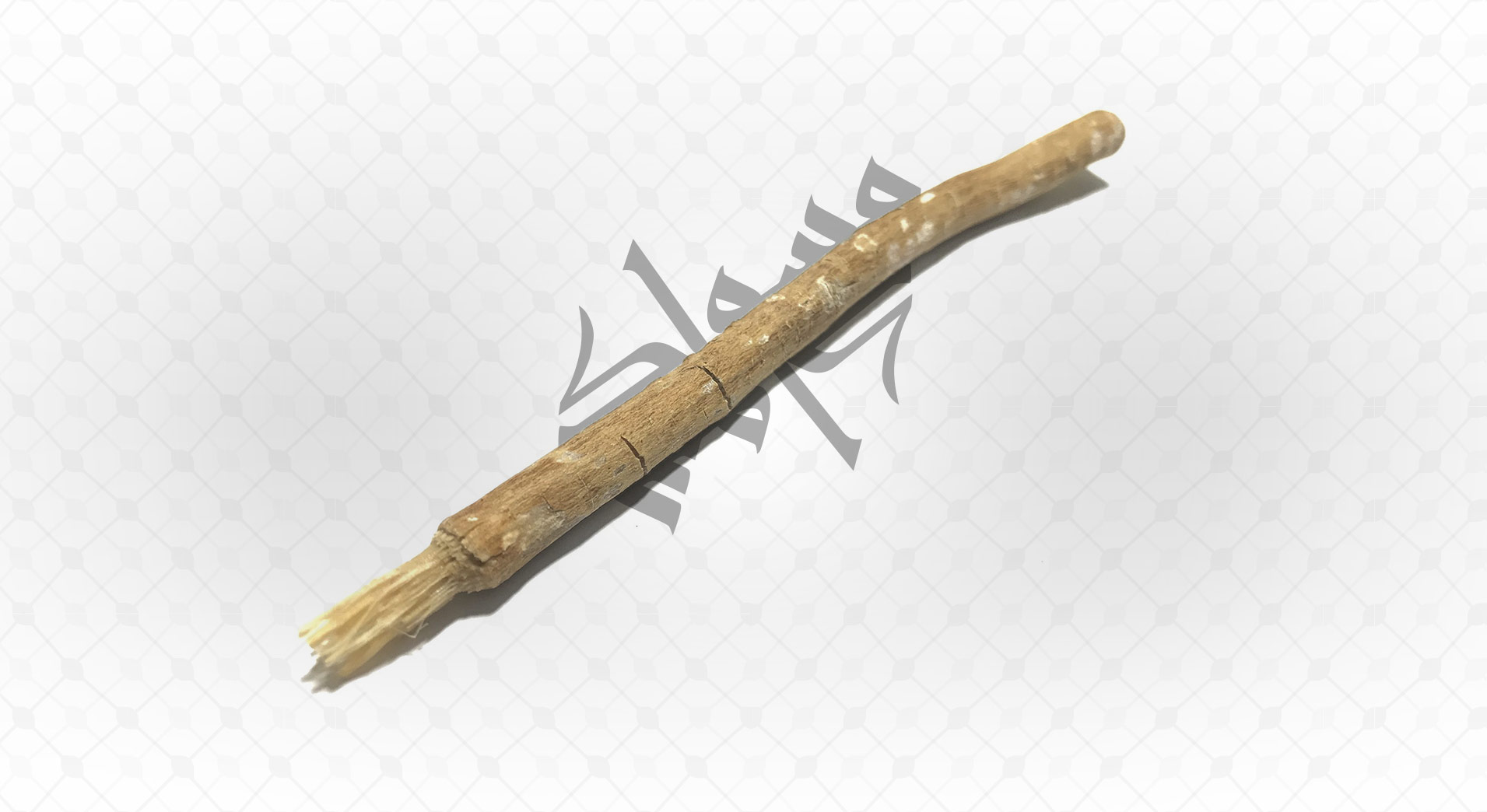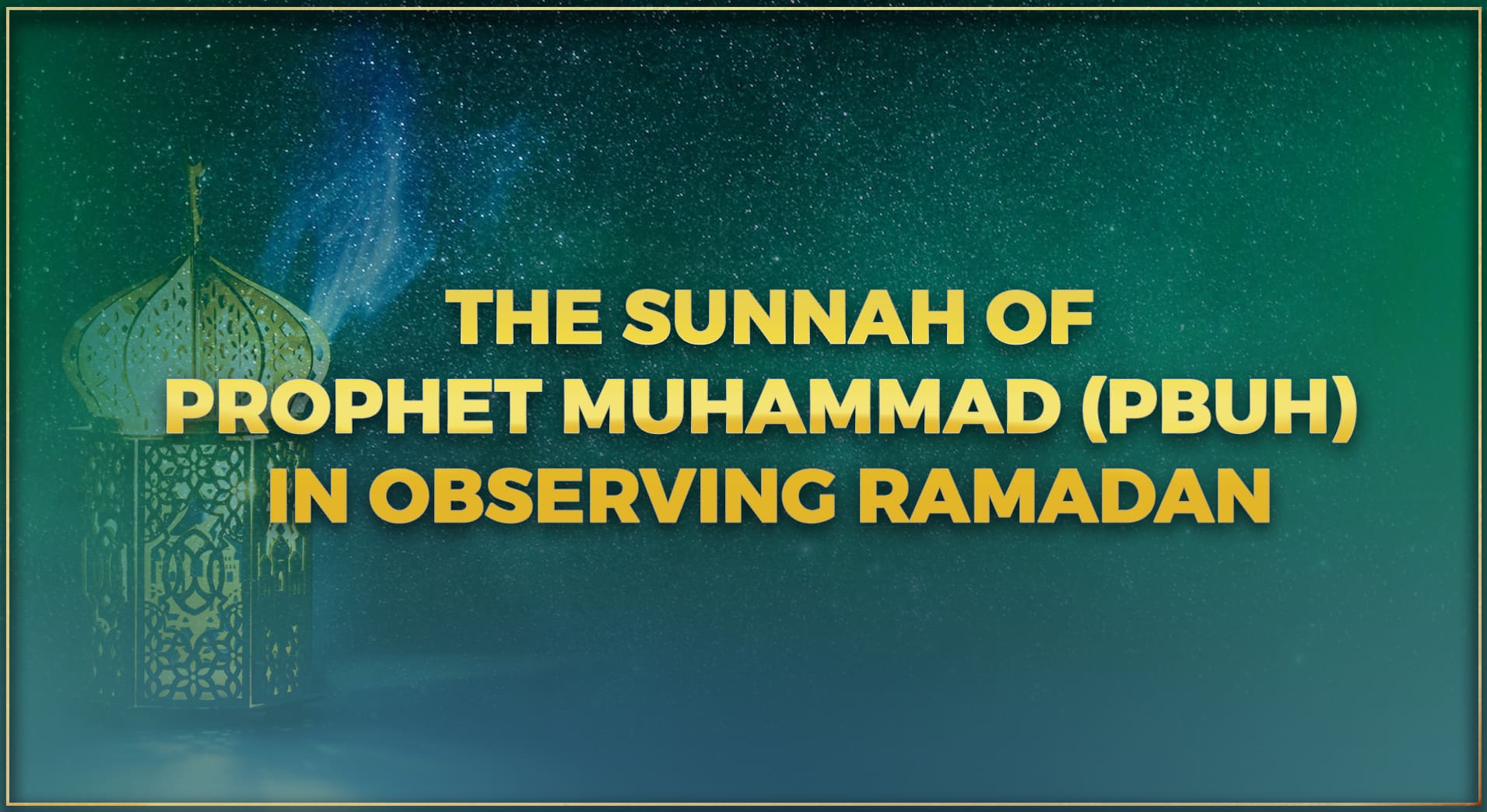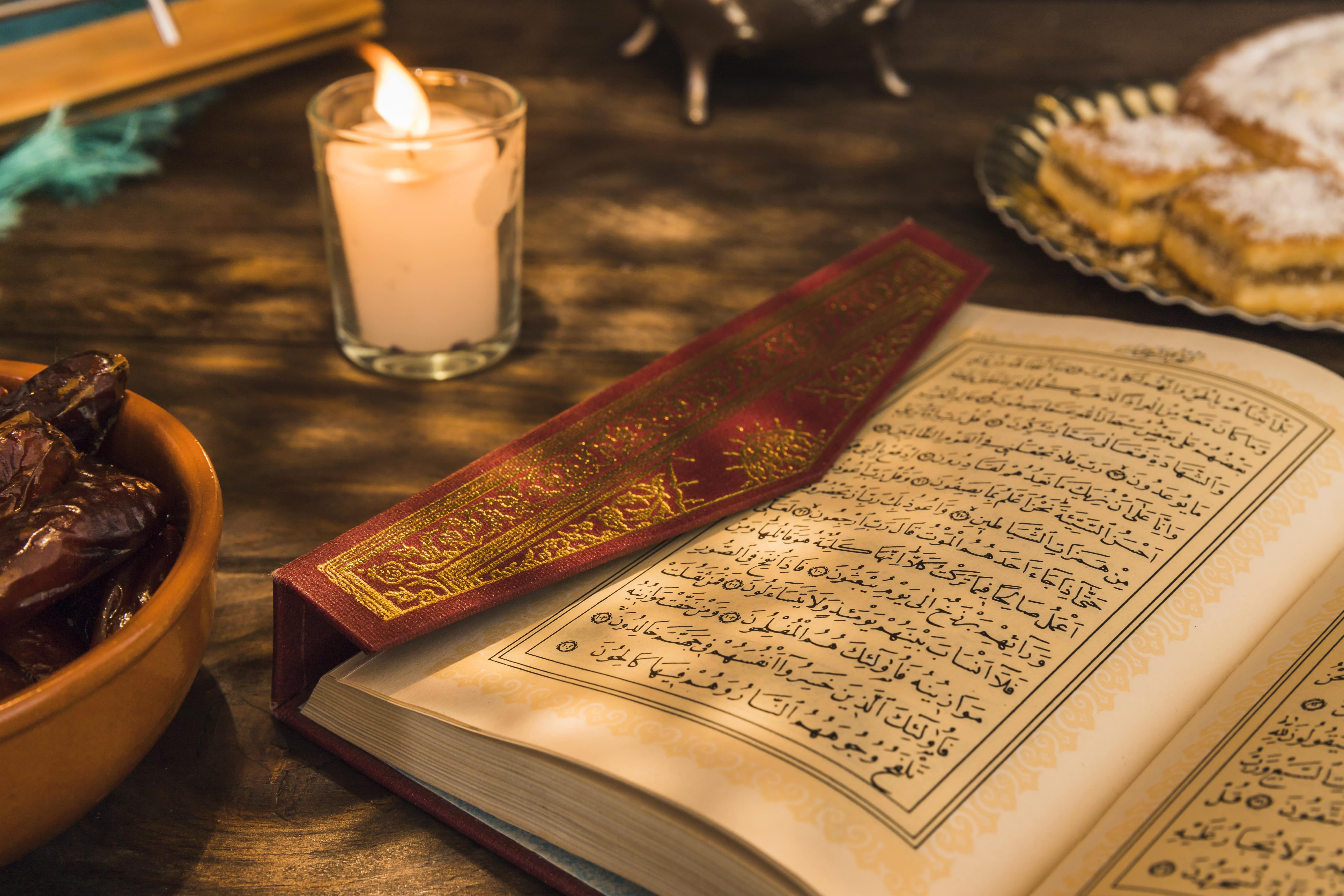Miswak is a dental hygiene tool that the Holy Prophet (PBUH) used. It has several benefits, not only physical but spiritual as well. Miswak, also known as a natural toothbrush, works as a toothbrush we use in our daily lives. It is made from natural materials, specifically from the twigs of the Salvadora persica tree.
As Muslims, we must practice the usage of Miswak with the intention of following the Sunnah of the Holy Prophet (PBUH).
“The Miswak purifies the mouth and pleases Allah.” (Sahih al-Bukhari) “If it were not for the hardship I would have imposed upon my followers, I would have ordered them to use the Miswak before every prayer.” (Sahih al-Bukhari)
“To perform 2 Raka’ats after performing Miswak is more exalted than 70 Raka’ats which is performed without performing Miswak.” (Al-Targhib wa at-Tarheeb, Vol. 1, Page 102, Hadith 18)
Why is Miswak Important in Islam?
It is important to use Miswak in our daily routine as it cleanses the mouth and ensures oral hygiene. Islam places a high value on cleanliness, and Miswak plays a vital role in maintaining cleanliness, especially before offering Salah. Additionally, it protects us from various diseases by removing germs from the mouth. The Holy Prophet (PBUH) loved using Miswak and encouraged his followers to do the same. He said:“The Miswak purifies the mouth and pleases Allah.” (Sahih al-Bukhari) “If it were not for the hardship I would have imposed upon my followers, I would have ordered them to use the Miswak before every prayer.” (Sahih al-Bukhari)
Benefits of Miswak
Miswak is regarded as both a spiritual and physical activity in Islam. Its usage carries numerous advantages, from promoting hygiene and fulfilling religious obligations to following the Sunnah of the Prophet Muhammad (PBUH). Let’s explore the benefits of using Miswak:Oral Benefits of Using Miswak
- Miswak helps clean teeth by gently removing plaque and stains from the surface.
- Over time, using Miswak can make your teeth look brighter and shinier.
- Its natural fibers polish teeth and prevent tartar (hardened plaque) from building up, which can lead to serious dental problems.
- Regular use of Miswak keeps your teeth clean and polished without being as harsh as some whitening toothpaste.
- Miswak keeps your breath fresh by removing germs and food particles that cause bad breath.
- Its natural oils provide a cooling effect, leaving your mouth clean and refreshed.
- Miswak is a natural alternative to chemical products, which may not suit everyone and could harm your teeth.
Other Physical Benefits
- Improves eyesight.
- Enhances memory.
- Clears the complexion of the skin.
- Aids digestion.
- Stimulates hair growth.
- Helps in getting rid of mucus.
Spiritual Benefits of Using Miswak
Miswak is not only beneficial for physical health but also holds tremendous spiritual significance:- It helps in remembering the Kalima Shahada at the time of death.
- It is the Sunnah of the Holy Prophet (PBUH).
- It pleases the angels.
- It keeps away evil thoughts.
- It increases the reward of Salah.
“To perform 2 Raka’ats after performing Miswak is more exalted than 70 Raka’ats which is performed without performing Miswak.” (Al-Targhib wa at-Tarheeb, Vol. 1, Page 102, Hadith 18)
How to Use Miswak Correctly
- Select a high-quality Miswak: Ensure the stick is clean, fresh, and free of impurities. A fresh Miswak is usually 6 to 8 inches long.
- Trim the bark: Remove 1–2 cm (half an inch) of the outer bark from one end of the Miswak using a knife or scissors to reveal the interior fibers. These soft, brush-like fibers will clean your teeth.
- Soften the fibers: If the Miswak fibers are dry, chew on the exposed end to soften them. Alternatively, wet the Miswak with water.
- Hold the Miswak comfortably: Position the Miswak at a 45-degree angle to the surface of your teeth. Brush in a back-and-forth motion, cleaning each tooth gently to avoid gum damage.
Difference Between a Normal Toothbrush and a Miswak
- Material: A normal toothbrush is made of plastic, while Miswak is made from the twigs of the Salvadora persica tree, also known as the “toothbrush tree.”
- Bristles: The Miswak stick’s soft, brush-like bristles are revealed by scraping or chewing the fibers, while toothbrush bristles are synthetic and soft.
- Toothpaste Requirement: Toothpaste is needed with a toothbrush, but Miswak requires none.
- Eco-friendliness: Miswak is eco-friendly, unlike toothbrushes made of plastic.
 0203-002-6366
0203-002-6366
 1-212-381-1055
1-212-381-1055 61-3-8820-5043
61-3-8820-5043  021-111-279-111
021-111-279-111




